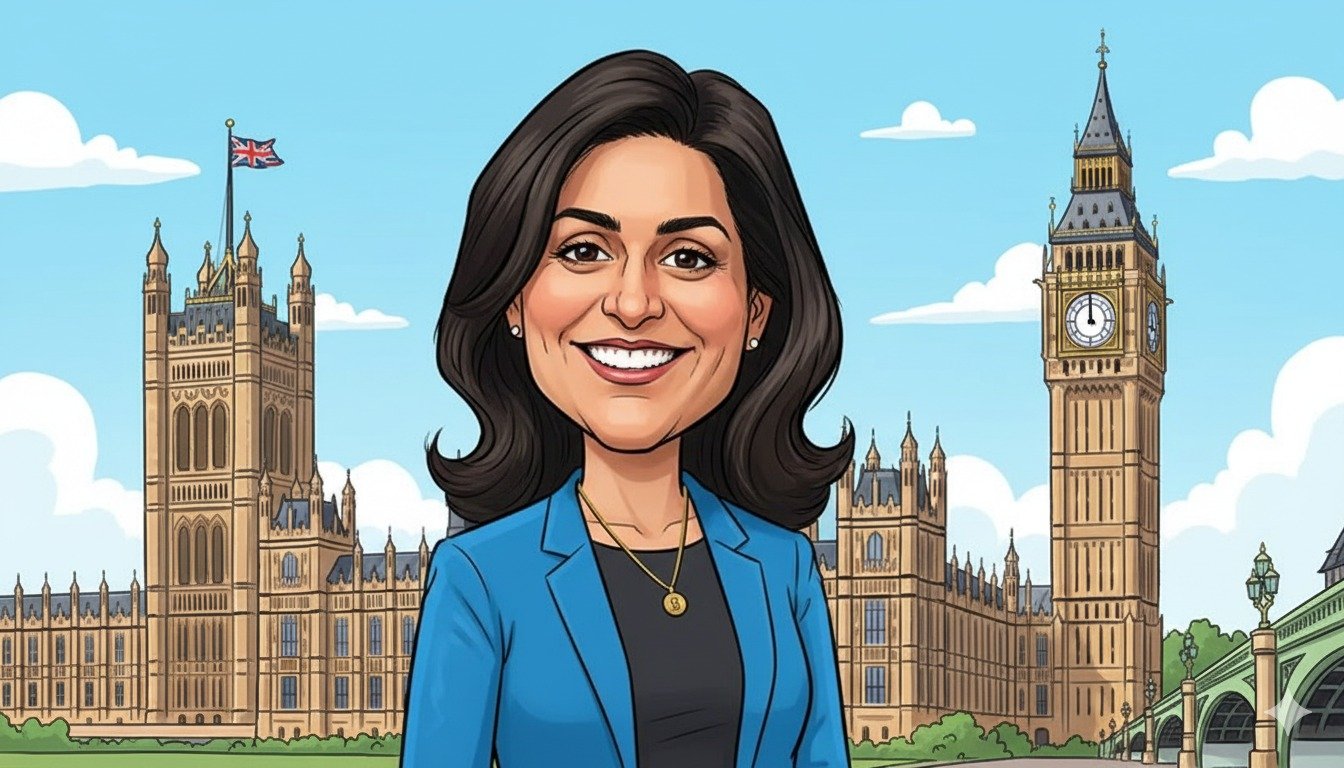The UK’s Home Secretary, Shabana Mahmood, has confirmed plans to introduce new rules for Indefinite Leave to Remain (ILR). Under these proposals, migrants — including many Nigerians — would have to prove not only that they work and can afford to live in the UK, but also that they are making a “wider contribution to society.”
What This Means for Nigerians
At the moment, Nigerians who qualify for ILR usually do so after living and working in the UK for five years on a Skilled Worker visa (or other eligible routes). The requirements already include:
- Continuous residence
- English language test
- Life in the UK test
- Good character and immigration record
Now, if this law goes through, migrants may also need to prove they are socially valuable — for example:
- Serving as a school governor
- Volunteering for a charity
- Showing evidence of community involvement
While the Home Secretary did not confirm whether the ILR timeline could be extended from 5 years to 10 years, her comments suggest tougher rules are coming.
Why the Change?
Shabana Mahmood said she wants to ensure migration is not just about working and paying taxes but also about contributing to community life.
She linked the move to concerns about:
- Rising immigration numbers
- Public pressure for tougher controls
- The rise of far-right movements in the UK
“There is more to be done than just living and working here… we must make sure people are contributing to their larger community and society,” she told The Sun.
Key Takeaways for Nigerians in the UK
- 🕐 ILR could become harder to secure – additional proof of social contribution may be needed.
- 💷 Nigerians working multiple jobs may now also have to volunteer or engage in community roles to strengthen ILR applications.
- ⚠️ Uncertainty remains about whether the 5-year rule will be extended to 10 years.
- 🏠 For families planning long-term settlement, this could mean higher stress, longer waits, and extra costs.
Naija UK Connect View
For many Nigerians, ILR represents stability, family security, and the path to citizenship. Adding community service requirements could make settlement even harder, especially for those juggling demanding jobs, childcare, and financial pressures.
While integration is important, Nigerians in the UK already contribute heavily through:
- The NHS and care work
- Tech, finance, and engineering roles
- Taxes, visa fees, and the Immigration Health Surcharge
Our community is already a backbone of UK society. These new rules may feel like moving the goalposts once again.
⚠️ Note: This article is for informational purposes only. Naija UK Connect is not an immigration law firm. Always seek professional advice before making visa or ILR-related decisions.
Join Our WhatsApp Channel
Stay updated on the latest UK news, including education, health, job openings, and more for those living in the UK!
Join here: Naija UK Channel
Also, follow us on our social media channels for the latest updates and discussions:
- Twitter: @NaijaUKConnect
- Facebook: Naija UK Connect
- Instagram: @naijaukconnect




